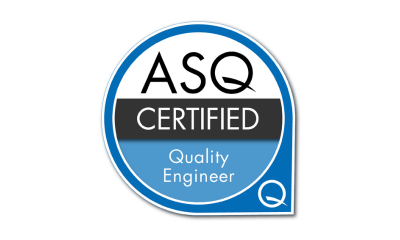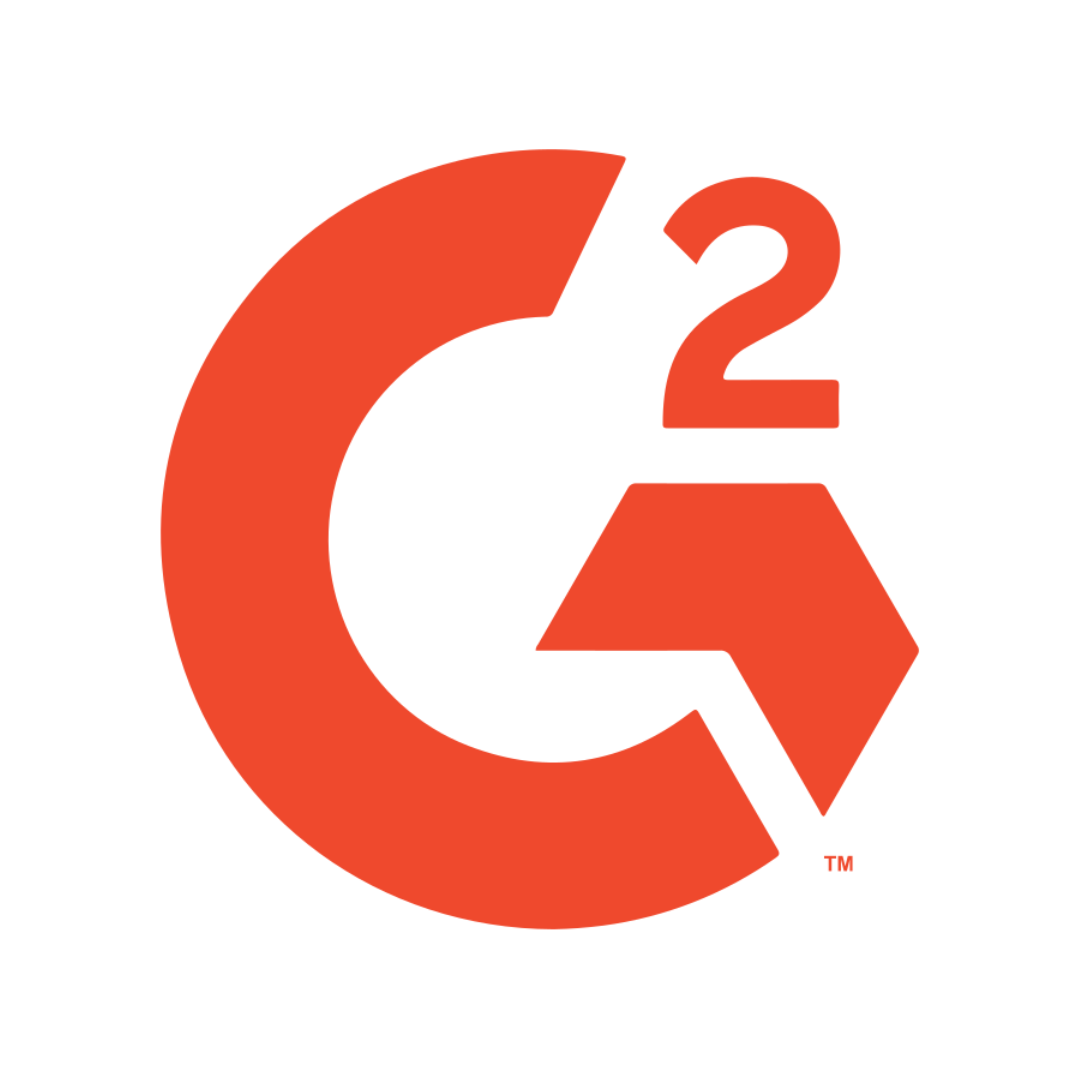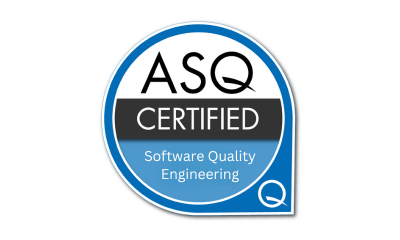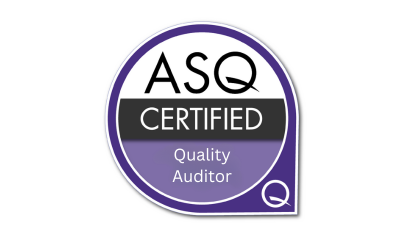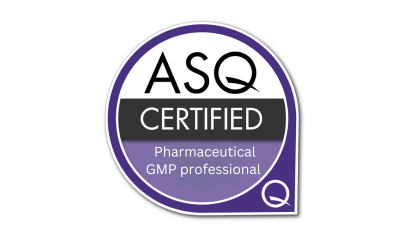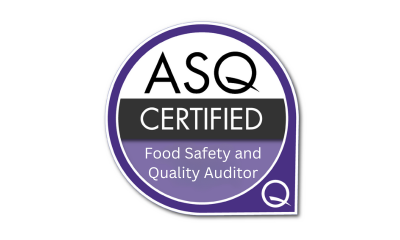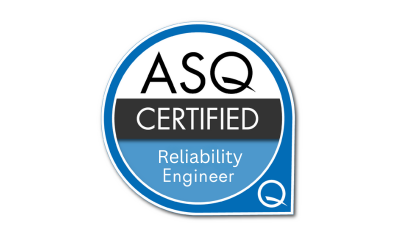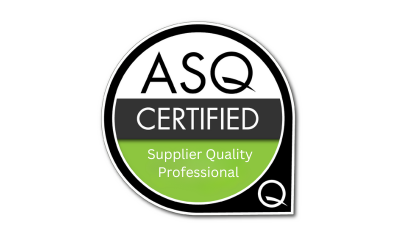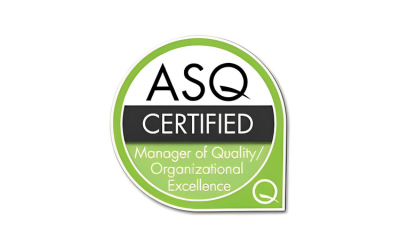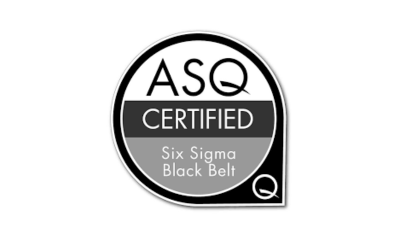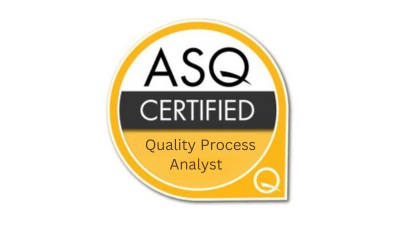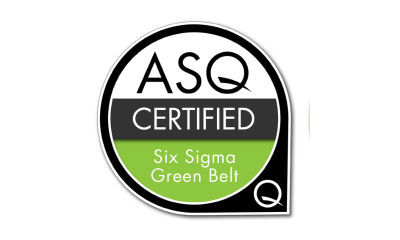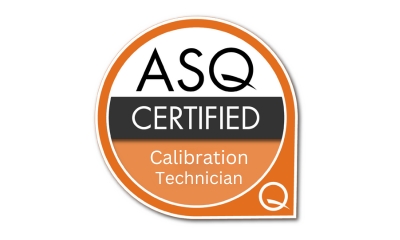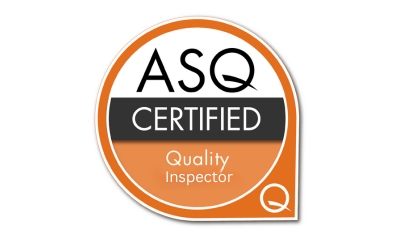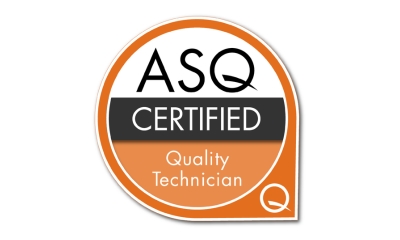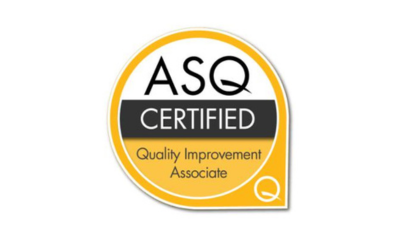The Certified Quality Engineer (CQE) course is a comprehensive program designed to empower professionals with the knowledge and skills needed to excel in the field of quality engineering. This course covers a wide range of quality management principles, methodologies, and tools, including statistical analysis, process improvement, quality planning, and risk management. Participants learn how to ensure product and process quality, reduce defects, and enhance overall operational efficiency. The CQE certification signifies expertise in quality engineering and opens doors to career opportunities in various industries where quality assurance and improvement are crucial for success.
Expertise in Quality Engineering: The CQE course equips you with specialized knowledge and practical skills in quality engineering, including statistical analysis, process improvement methodologies, and risk management. This expertise is highly valuable in ensuring product and process quality while minimizing defects and variations.
Career Advancement: Earning the CQE certification can significantly advance your career in quality assurance and engineering. It positions you as a certified quality expert, making you a sought-after professional for leadership roles in quality management, process optimization, and continuous improvement.
Enhanced Organizational Performance: With CQE training, you become a key contributor to enhancing organizational performance. You can identify areas for improvement, implement quality initiatives, and drive efficiency, ultimately leading to cost savings, customer satisfaction, and business success.


